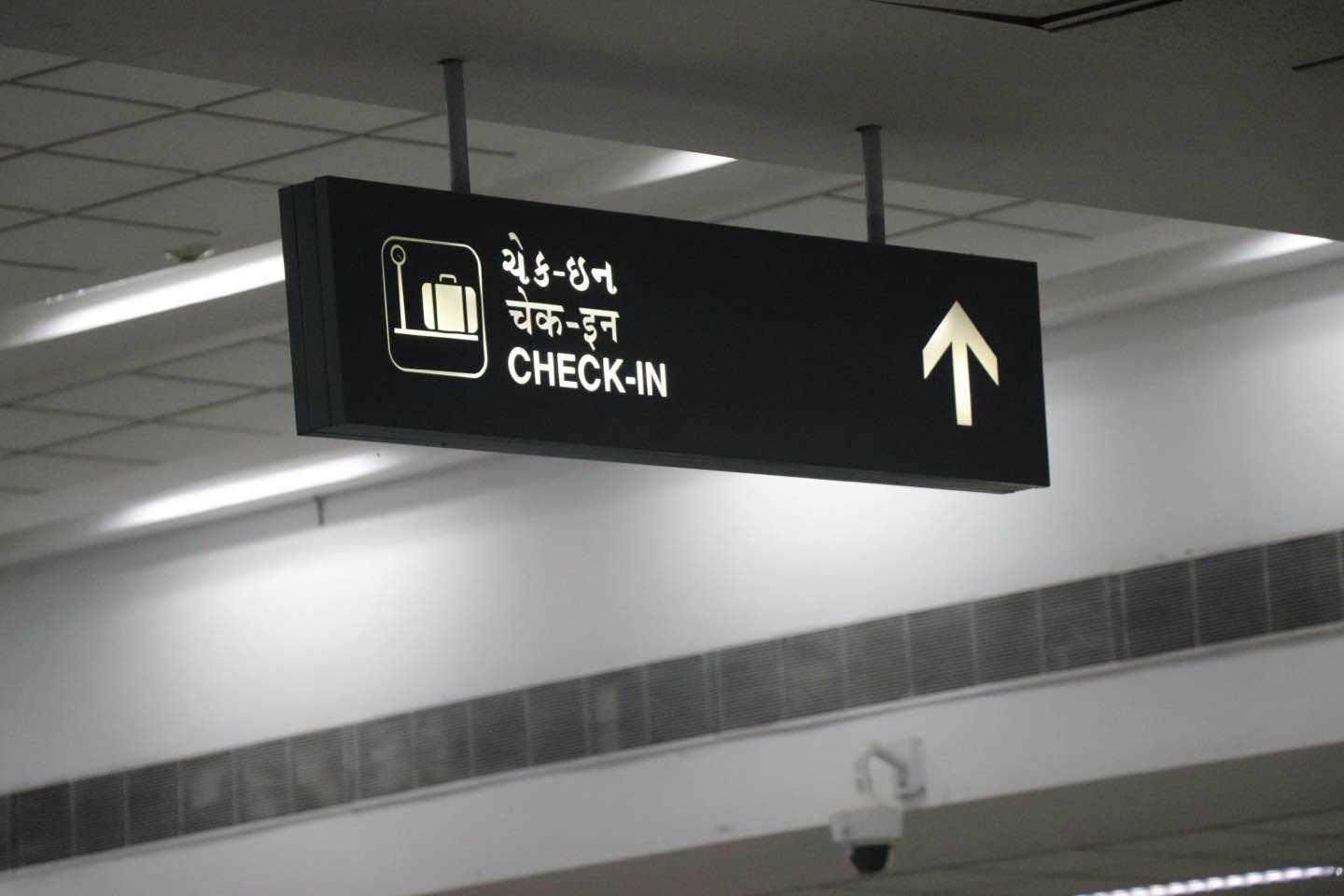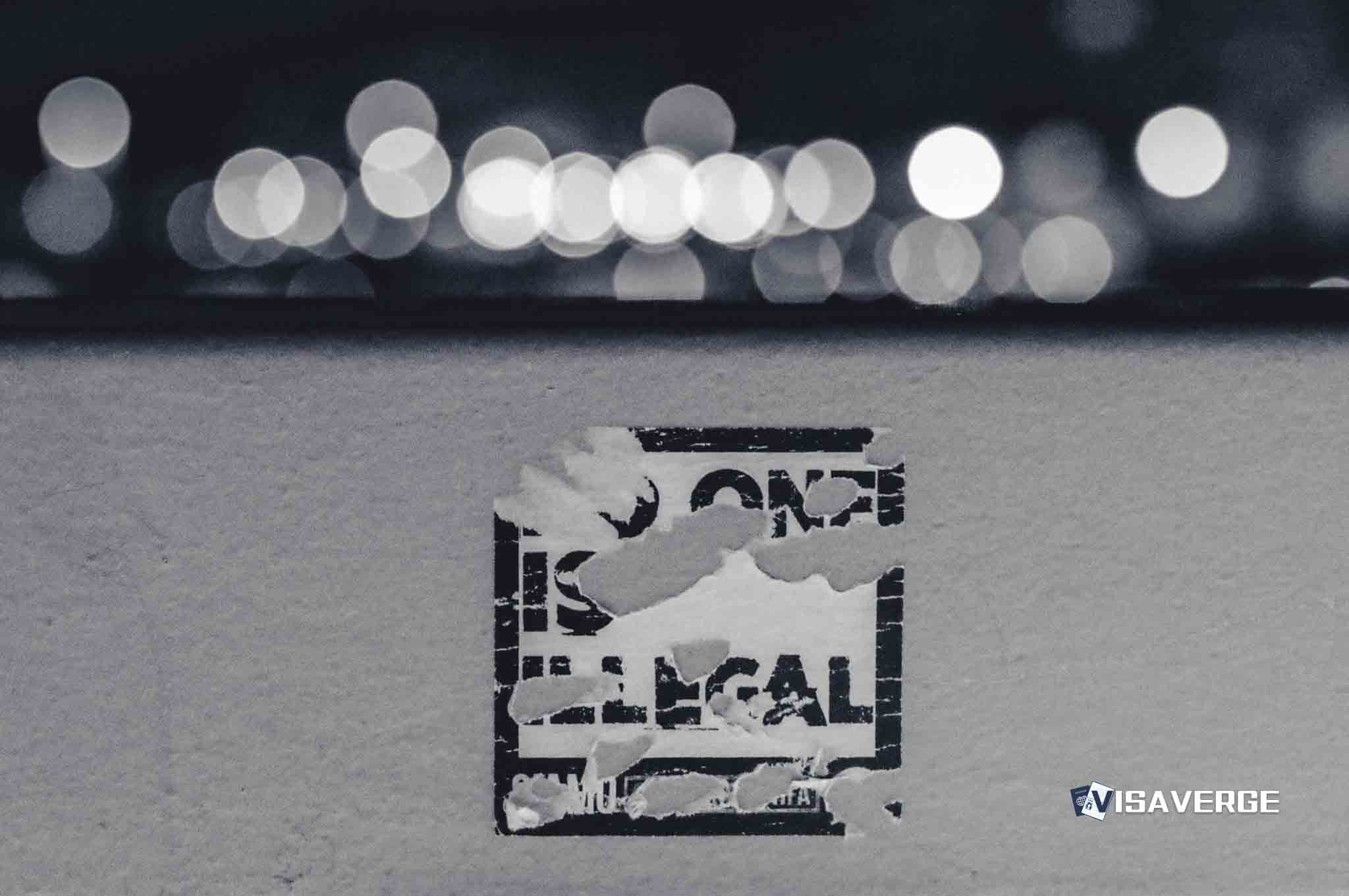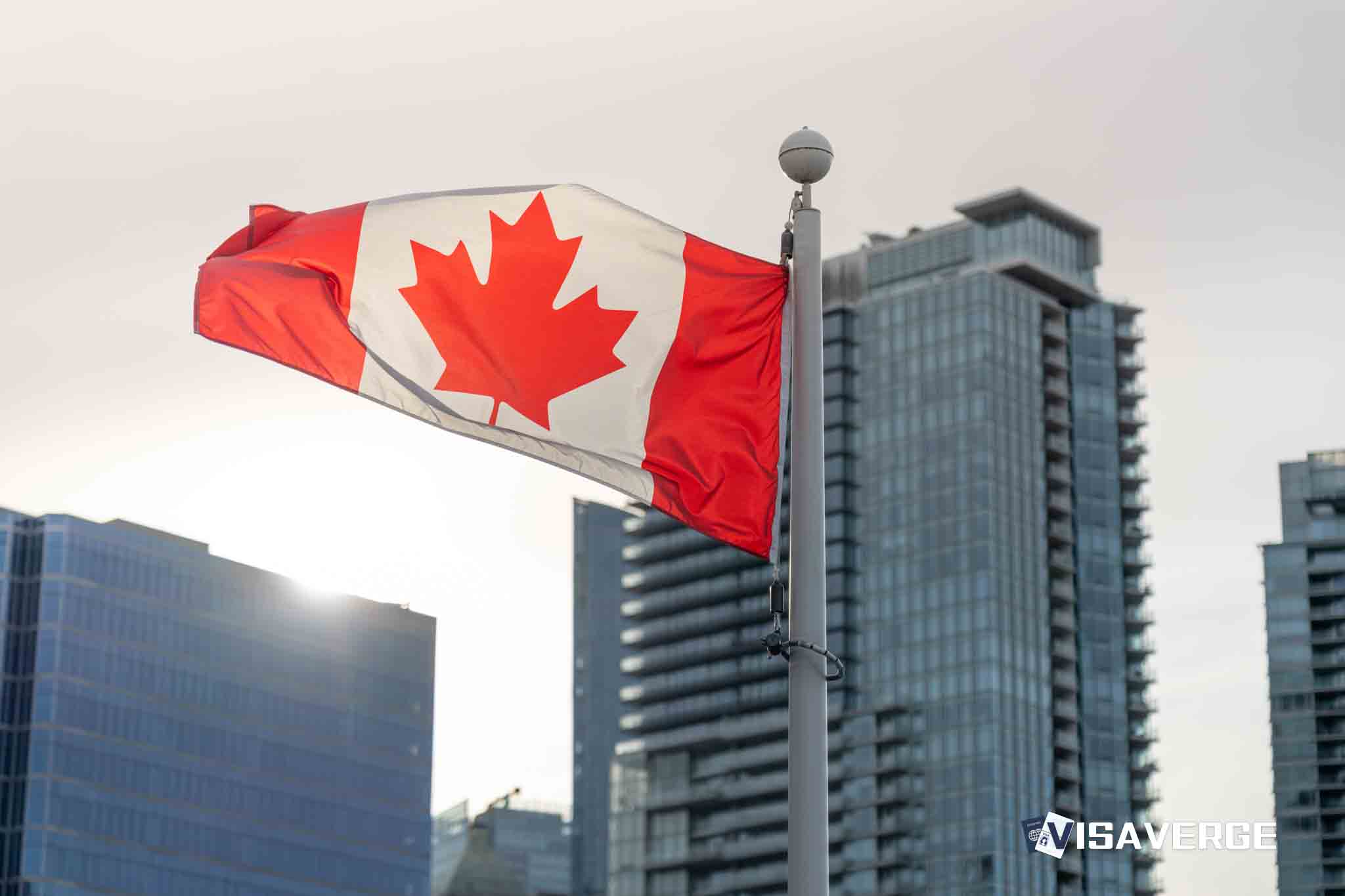(PORT OF SPAIN, TRINIDAD AND TOBAGO) The United States Embassy in Port of Spain has moved to calm growing public concern over a spike in visa revocations in 2025, insisting that visas are a “privilege, not a right” and that cancellations are carried out strictly under United States law.
Embassy statement and warning to travellers

Speaking on November 23, 2025, Mike Mitchell, the embassy’s visa chief, said Trinidad and Tobago nationals and other Caribbean travellers risk losing their visas, deportation, and being barred from future travel to the United States 🇺🇸 if they break American laws while holding a valid visa.
“Breaking US laws have serious consequences for visa holders,” Mike Mitchell said. “If you are arrested or violate any laws, your visa may be revoked, you may be deported, and you could be ineligible for future US visas. Follow the rules and don’t jeopardise your travel. A US visa is a privilege and not a right.”
His comments followed weeks of social media reports from Trinidad and Tobago citizens saying previously issued visas were suddenly cancelled—sometimes while they were already making travel plans—with little explanation beyond short email notices citing “new information” or “ineligibility under US law.”
Who decides and how revocations are communicated
- The embassy strongly rejected rumours that local authorities are involved.
- It stressed that no foreign government, including Trinidad and Tobago, plays any role in approving, denying, or cancelling United States visas.
- Visa decisions are made solely by American consular officers under federal law and security rules.
Officials say most people learn their visa has been cancelled when an automated email reaches the address used in their application, often with no advance warning before booked trips. Those messages frequently offer only brief references to “new information” or sections of the Immigration and Nationality Act (INA).
Legal basis cited for cancellations
The embassy told local media that revocations are carried out under sections 212 and 214(b) of the INA, which allow consular officers to cancel visas when they:
- receive derogatory information,
- believe a visa was issued in error, or
- see possible national security concerns.
These decisions are discretionary and, as the Supreme Court confirmed in Bouarfa v. Mayorkas (2024), are generally not open to review by United States courts.
New policies and expanded screening
Embassy officials pointed to a “catch-and-revoke” policy introduced by the State Department in April 2025. Analysis by VisaVerge.com indicates this policy allows consular posts worldwide to cancel visas for any legal infraction, including relatively minor offences that might not previously have triggered such action.
The embassy acknowledged that all visa holders now face tighter screening, including:
- wider checks of social media activity,
- more frequent referrals to the Fraud Prevention Unit, and
- heightened scrutiny for applicants deemed “high risk” (the embassy did not specify which Caribbean nationalities are affected).
Students and temporary workers appear to be among those hit hardest. The Port of Spain mission has not contested reports of a sharp rise in cancellations in these groups, nor the State Department’s suspension of new student visa appointments worldwide as of May 27, 2025—a measure officials describe as temporary while new security checks are implemented.
Practical consequences for affected travellers
- There is no formal appeal process for a cancelled visa.
- The embassy advises that the most realistic path is to:
- prepare for a fresh visa application, and
- be ready to address whatever derogatory information may have led to the revocation.
Lawyers in Trinidad and Tobago say the lack of transparency leaves many clients confused and scared, particularly when they have never been arrested or charged. While the embassy may cite “new information,” it rarely discloses whether that came from:
- foreign police records,
- border inspections,
- social media posts, or
- tips through intelligence-sharing channels.
Entry to the United States and on-the-spot cancellations
Under United States law, holding a visa only permits a traveller to approach a port of entry and request admission; it does not guarantee entry.
- A traveller with a valid visa can be refused entry by Customs and Border Protection (CBP) officers at airports or land borders.
- CBP officers may cancel a visa on the spot if they believe the traveller is inadmissible.
Behavioural and immigration rules that can trigger loss of status
The embassy urged visa holders to act cautiously while in the United States, warning that immigration status can be lost not only for serious crimes but also for:
- overstay,
- unauthorised work, or
- other immigration violations that may appear administrative yet breach visa conditions.
Community impact
For families in Trinidad and Tobago who depend on seasonal work in the United States, a revoked visa can mean:
- sudden loss of income,
- missed school fees,
- broken plans for medical treatment or family visits.
Community groups report increases in people cancelling trips or delaying applications for fear that an honest mistake could cost future travel opportunities.
Official guidance and resources
Officials have repeatedly directed the public to seek information from official channels rather than social media:
- Refer to the State Department’s US visas page: https://travel.state.gov/content/travel/en/us-visas.html
They emphasise relying on official guidance for lawful travel and visa conditions.
Embassy stance going forward
Despite public anxiety, the embassy shows no sign of easing its tougher stance. Officials insist that:
- stricter vetting,
- more frequent checks, and
- rapid visa revocations
are necessary to protect United States borders and uphold the integrity of the visa system—even if this results in more sudden cancellations for otherwise law-abiding travellers.
For now, consular staff in Port of Spain are giving applicants and current visa holders a clear message:
- treat a United States visa as a conditional privilege,
- stay within the law both at home and abroad, and
- assume any run-in with law enforcement or breach of immigration rules could quickly reach American authorities and affect travel eligibility.
The U.S. Embassy in Port of Spain confirmed a rise in visa revocations in 2025, attributing cancellations to discretionary consular decisions under INA sections 212 and 214(b). Officials cited an April 2025 “catch-and-revoke” policy, expanded social media checks, and more Fraud Prevention Unit referrals. Students and temporary workers are especially affected. Notifications often arrive by automated email with limited explanation. There is no formal appeal; the embassy recommends preparing a new visa application and addressing any derogatory information.













